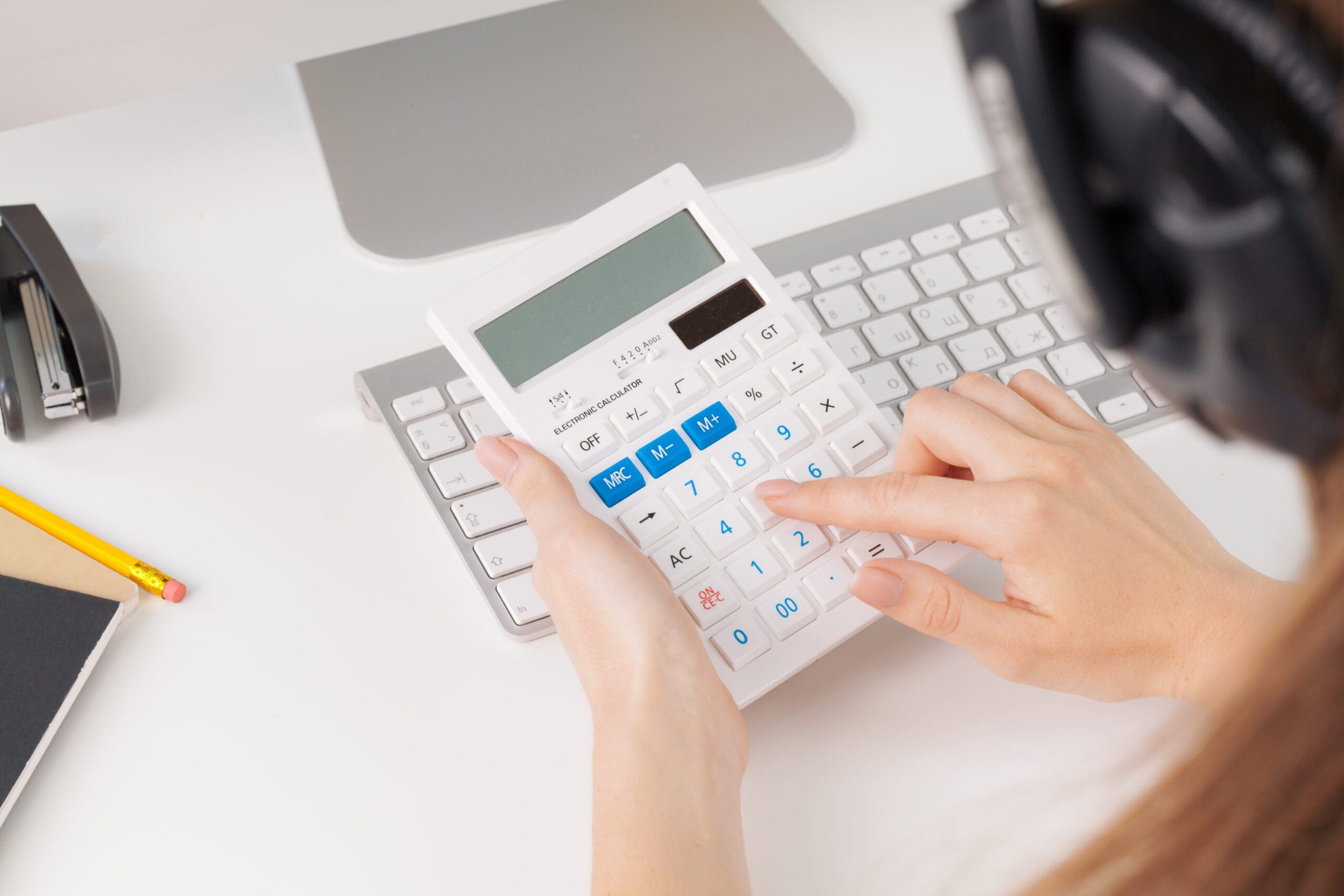When managing your business finances, understanding UK VAT accounting methods is essential. Choosing between the accrual basis (invoice basis) and the cash basis can significantly impact your cash flow and tax obligations. In this post, we’ll explain the differences between these two VAT accounting methods and help you determine which one is best for your business.
What Is Accrual Basis VAT Accounting?
The accrual basis for VAT accounting is where VAT is recorded based on the date an invoice is issued or received, regardless of when the payment is made or received. This method is commonly used by businesses that issue invoices with long payment terms or have a predictable cash flow.
Benefits of Accrual Basis:
- Immediate VAT Reclaim: You can reclaim VAT on purchases as soon as you receive the invoice, even if you haven’t paid the supplier yet. This can be beneficial for managing cash flow.
- Alignment with Financial Reporting: If your financial statements are prepared on an accrual basis, this method ensures consistency and accuracy across your accounting practices.
Negatives of Accrual Basis:
- Potential Cash Flow Issues: If customers delay payments, you may need to pay VAT to HMRC before receiving payment, which can create cash flow challenges for your business.
What Is Cash Basis VAT Accounting?
The cash basis for VAT accounting allows you to account for VAT only when cash is actually received from customers or paid to suppliers. This method is often preferred by smaller businesses with limited cash flow.
Benefits of Cash Basis:
- Improved Cash Flow Management: You only pay VAT to HMRC after receiving payment from your customers, reducing the risk of cash flow issues.
- Simplified VAT Tracking: Managing VAT becomes easier since it’s based on actual payments and receipts, not on outstanding invoices.
Drawbacks of Cash Basis:
- Delayed VAT Reclaim: You can only reclaim VAT on purchases after you’ve paid your suppliers, which may delay your input VAT recovery.
- Eligibility Restrictions: The cash basis is available only to businesses with a VAT taxable turnover of £1.35 million or less, limiting its use for larger companies.
Accrual vs. Cash Basis: Which Is Right for Your Business?
Choosing between accrual and cash basis VAT accounting depends on your business’s cash flow, size, and transaction types. If your business deals with long payment terms or frequently experiences late payments, the cash basis might be more suitable. However, if you prefer alignment with your financial reporting and have a steady cash flow, the accrual basis could be the better option.
Conclusion:
Deciding on the right VAT accounting method is crucial for your business’s financial health. At Fusion Consulting, we specialise in helping businesses navigate VAT regulations and optimise their accounting practices. Whether you’re looking to switch VAT methods or need advice on compliance, our experienced team is here to support you.








